Great civilizations had passed by our planet earth. What they had left available for the public from their heritage are few things only. We are used to gaze at the monuments, temples, sculptures, ever lasting colored drawings and giant pieces of stone or marble perfectly cut . We are left only with the astonishment of how those humans thousands of years ago managed to do this. They had no cranes or hydraulic jacks , they had no laser cutting nor printing. Moreover, we couldn’t interpret those writings into the chemical formulas of the everlasting colored paintings. Surely thousand of years ago there were knowledge and skills that enabled them to do those giant fine cut things.
However, we refer the current manufacturing capabilities that we have in hand to the recent inventions. They all start to appear at most couple of hundred of years ago. Suppose that we had inherited the cranes and the engineering the old Pharaohs used to build their monuments and pyramids. And, over the following 7 thousand years we had developed it. What could be the capability of our manufacturing today? Unfortunately, pharaohs as many other civilizations didn’t transfer their knowledge and left us struggling to invent the steam engine. It was a long story of technology evolution till we reached the current overhead cranes and hydraulic jacks. All that because the old civilizations failed to transfer their knowledge. Did we inherit that bad habit of not transferring the knowledge?
Firstly, Do we have knowledge to transfer?
But what is knowledge?
Knowledge: facts, information, and skills acquired through experience or education; the theoretical or practical understanding of a subject.
Definitions from Oxford Languages
From this definition of knowledge, the strive for knowledge is a fundamental part of the new starts in our life. Remember your first day in a new work place. You were eager to look for the knowledge of the new place. In this situation we all strive for success. There is no success without acquiring enough knowledge and skills to perform your tasks.
There no information that is not useful even the smallest ones. In your first days in your first job you look to get to your desk correct from the first time. Moreover, the route to your company remains a hustle for the first few days, which bus at which time or which driving route is the best one. Inside your work, Your first questions -as a fresh member in the place- what is required from me?, How to know the locations? How to know the email addresses? Whom is going to ask me for job? How to deliver my completed task? Of course before all, how to get my coffee?
After few weeks, you know your way through most of the things and you are able to do some basic tasks satisfactory. Then you start to lift yourself up step by step by knowing more stuff and excelling more. All the knowledge you gain and the practice of using it is your EXPERIENCE.
What do we mean by experience?
Experience is knowledge or skill in a particular job or activity, which you have gained because you have done that job or activity for a long time. e.g. He has also had managerial experience on every level.
Cambridge Dictionary
Once you had gained this experience you have something to share with the next fresh comer. The amount of knowledge you collect and the level of experience you gain stems from two main factors. First factor is you own motivation. Second factor is the business environment. There are two styles of work places. At one working place they may encourage the teamwork and experience sharing. While at the Second one, they praise more the individual heroes and care only about getting jobs get done.
When there is lack of knowledge transfer
In the second workplace model, due to various reasons those who had collected the experience and the knowledge are not willing to share it. That is the trap where we lost track of all the advanced knowledge the old civilizations used. If you track the crane subject over the www, you will get estimations of what they used based on holes and sizes of the loads. But the few drawings received, can not lift 10 to 100 ton blocks to 20 or 30 meters. Following the same inherited methodology of not sharing our experience will badly affect the continuity of the working place.
And that’s why the newly joining team members will struggle to thrive in this environment. They will either struggle and do extra effort or, they will surrender. That’s creates a natural discrimination and the experienced team members will continue to gain all the credit. The management will do all its efforts keeping those heroes satisficed to maintain the job done regardless of the healthy business environment. Those who will grow in the work environment that suffers knowledge scarcity, will inherit the same work environment and will grow tending to confine the flow of knowledge. They will keep the experience they had gained for themselves alone. In this environment the jobs are always related to names. So, this job is best done by Xee but that other job is better done by Yee, I get a better response from Zee but, Hee is faster.
After few years, Xee, Hee, Zee and Yee might leave the work place due to various reasons beyond the scope of this chat. The absence of those heroes pushes the maintenance activities to fall apart. Moreover the trust in the maintenance team is reduced. The problem originates from trusting the individuals not the maintenance process . To understand the maintenance process and program join this Arabic training course at Udemy.
Secondly, How knowledge can be transferred?
That’s what we shall explain in our next chat. Meanwhile we had a launched a course in Arabic which is rare for the maintenance field that shows what knowledge need to be kept and how along with many other maintenance secrets. You can reach it at Udemy using this link.
In Conclusion,
To maintain a healthy work place, you need to avoid the ancients habit of hiding their knowledge. How the work place looks like when hiding the knowledge? That’s what we had covered in this chat. In the coming chat we shall see how to create a knowledge transfer environment. And in the following one we shall see why your team might hide some of their knowledge and some solutions. So Stay safe, join our course on Udemy that tells you which information you need and why? and Enjoy your coffee however you like it, it is a bless.
Either join our course on Udemy or, Or FILL YOUR DATA HERE for an initial investigation.
If you feel you need help with any of these ideas we discussed, request a Management Consultancy or Coaching Services From our Store


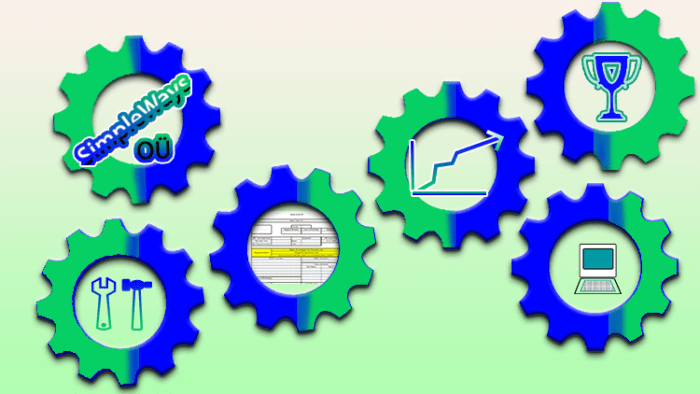
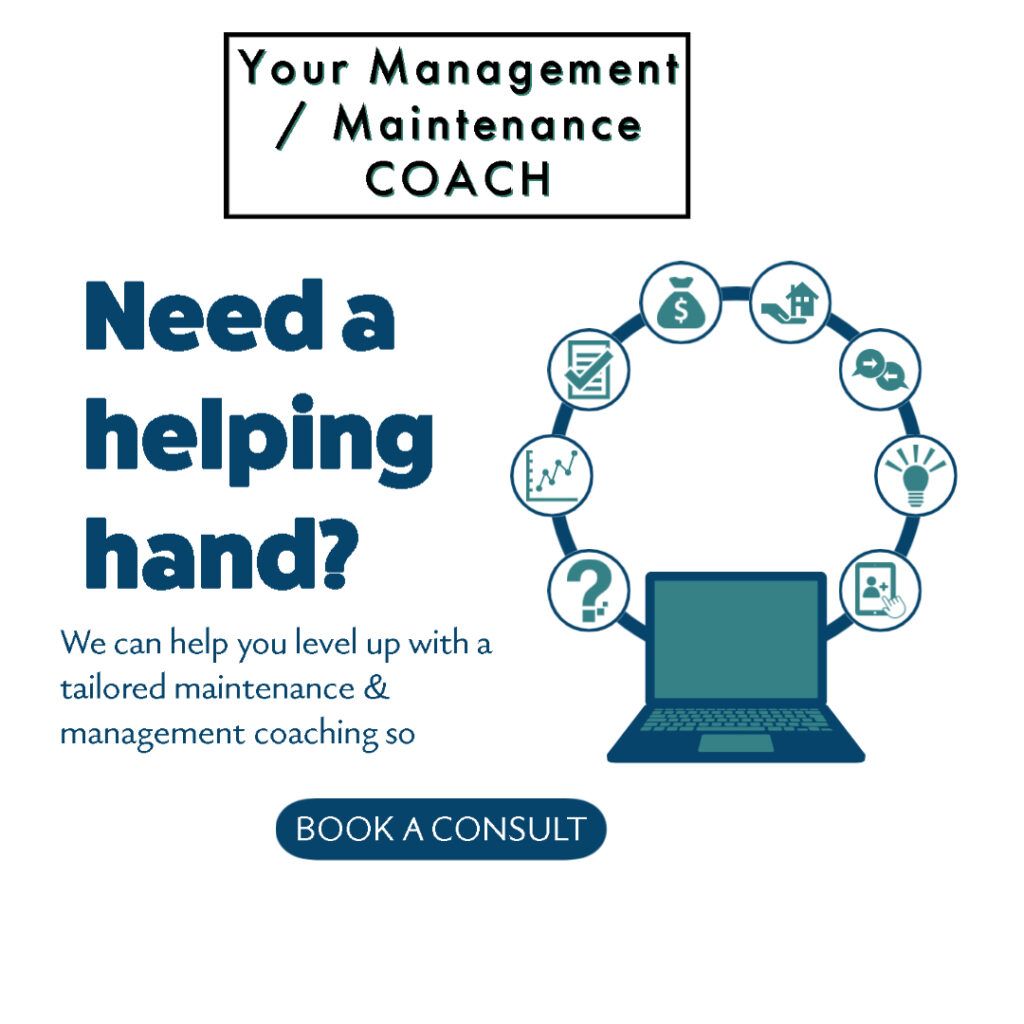
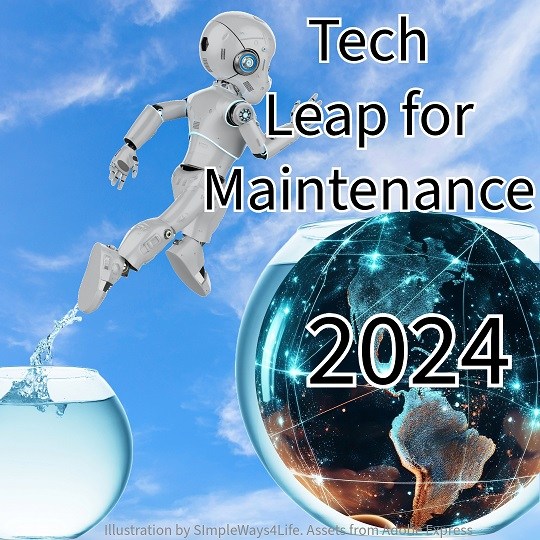
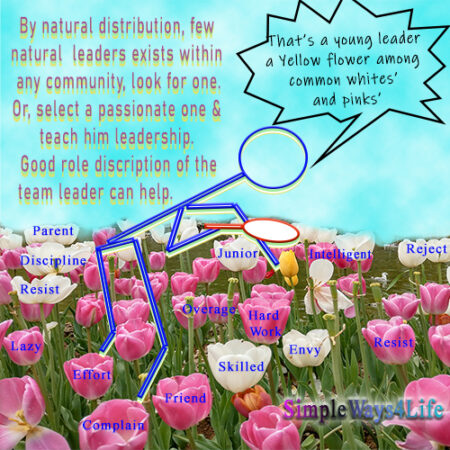

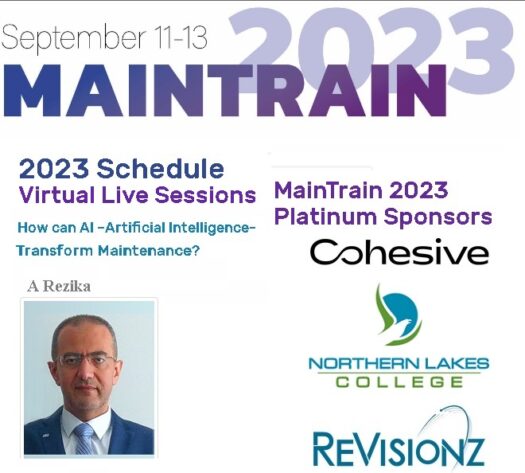
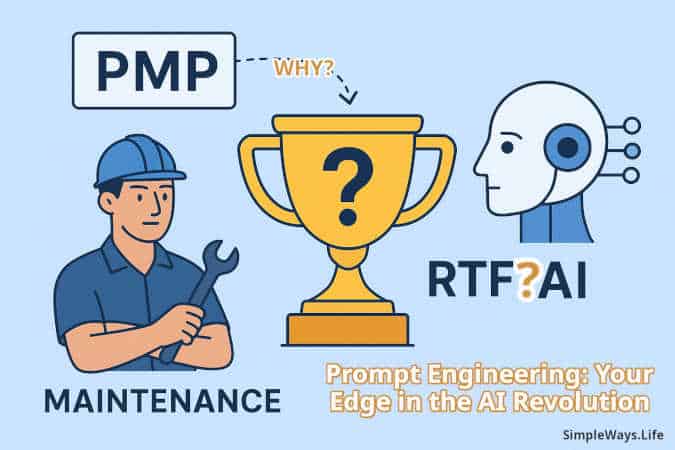
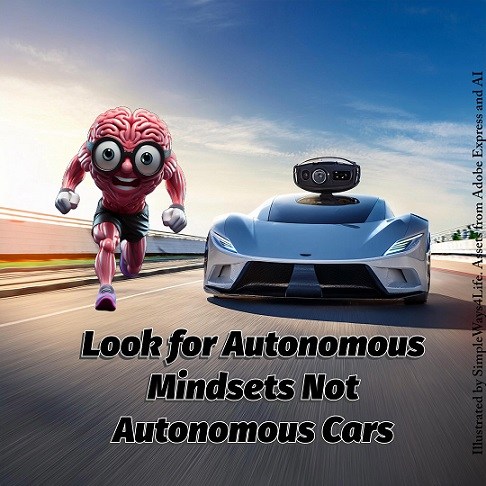
One Comment